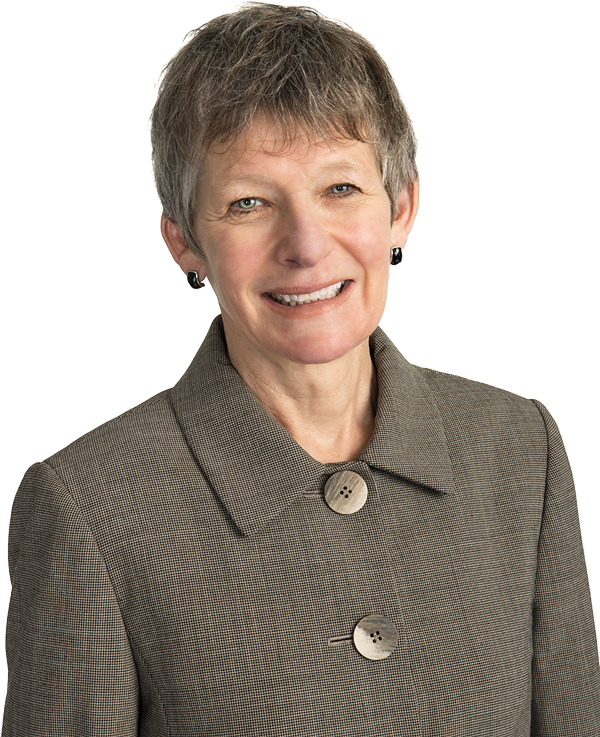A tale of good and bad outcomes when outside capital comes in

Outside capital can be a valuable resource whether to a dealer with only a few franchises seeking to grow his or her dealership group or a larger group looking to get even bigger. But the rewards also come with risks, as two examples of outside capital show.
Sierra Auto Group grows with outside capital
Rinaldi Harim owned several Chrysler Dodge Jeep Ram dealerships in the Los Angeles area and wanted to grow his small group by acquiring the Sierra Auto Group, which included a Honda, a Chevrolet, and a Subaru dealership in Monrovia, east of Los Angeles.
With just two CDJR stores, Halim was “maybe on his way to buying a third store but probably not,” says Tim Batchelor, co-founding partner of Open Road Capital.
So, Rinaldi contacted Open Road, which partnered with him by contributing cash to buy the Sierra Auto Group in 2021, taking a majority stake. It also took a majority stake in Rinaldi’s two CDJR stores.
Rinaldi used his own cash flow to buy more stores after he doubled the cash flow of the three Sierra Auto Group stores in a few months.
Since the 2021 acquisition, Rinaldi has grown Sierra Auto Group to 12 rooftops encompassing 17 franchises and a commercial truck center. That includes receiving an open point and the acquisition of Felix Chevrolet, an historic downtown Los Angeles franchise.
The Open Road partnership put Rinaldi on dealership brokers’ map, says Batchelor. “People now know he is partnered with us,” says Batchelor. “You have to have capital to affect those transactions.”
A bad experience with outside capital
David Rosenberg, president of DSR Motor Group, has experience with both the good and the bad side of outside capital. In 2006, in one of the earliest deals on record using private equity, Rosenberg partnered with Abrams Capital to acquire a dealership group.
“We were the second (private equity) deal Toyota approved,” says Rosenberg.
Prime Automotive Group, as Rosenberg’s group was known, continued to expand with Abram’s backing.
“We were doing very well,” says Rosenberg. “We had grown the group to a billion and a half in revenue. We had just completed a three quarter of a billion-dollar financing line.”
Then in early 2017 a broker contacted Rosenberg about selling Prime. “I kept saying, ‘I’m not interested, I’m not interested,’” says Rosenberg.
But the industry was rife with talk of disruptors such as ride sharing, autonomous vehicles, and Carvana, he says. And the amount of money the prospective buyer, called GPB Capital, was offering was “crazy at the time,” says Rosenberg.
Though often referred to as a private equity group, GPB was actually an accounting firm that raised capital from outside investors, so it doesn’t qualify as a true private equity group.
Rosenberg met with David Gentile, founder and CEO of GPB, eventually agreeing to sell Prime Motor Group to GPB. Under the agreement, Rosenberg maintained an equity stake in the group and would continue running Prime.
One provision needed to obtain manufacturers’ approval for the acquisition was that Rosenberg would remain as the operator, he says.
In 2018, Rosenberg took over as operator of the other dealerships in the GPB portfolio, as well. It was then that Rosenberg began to notice irregularities in the GPB accounting system. When he brought them to Gentile’s attention, “he lied to me,” says Rosenberg.
“I began to realize that did not bode well for my company, Prime Motors, and it also didn’t bode well my relationship with my banks and OEs,” says Rosenberg.
After voicing his concerns to Gentile, Rosenberg was terminated. “That became a huge problem with the OEs,” he says. “That’s one problem with private equity in the automotive world."
Rosenberg eventually became a federal whistleblower against Gentile, and in 2021 the Securities and Exchange Commission brought a swath of fraud charges against Gentile and two of his associates. Prime Automotive Group was sold to Group 1.
Though he had a bad experience with outside capital, Rosenberg sees a future for it in the retail auto world. “For some people who don’t have capital to start with that is probably one way to get into the business,” he says.
But Rosenberg, who has used outside capital to acquire franchises for his new group, DSR Motor Group, has a provision.
“I want to have complete control,” says Rosenberg, who also worked for Group 1 for many years. “I worked for a public company and a bad PE. I want 100% voting rights. I don’t want anyone asking me why my gross is lower in one F&I department than another.”

Alysha Webb, Editor
This article was written for Getting to Go, a buy/sell newsletter from Scali Rasmussen.

